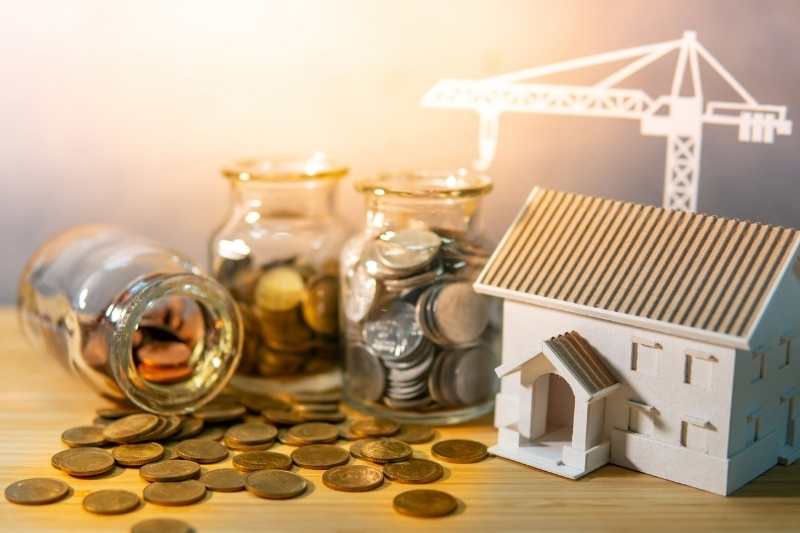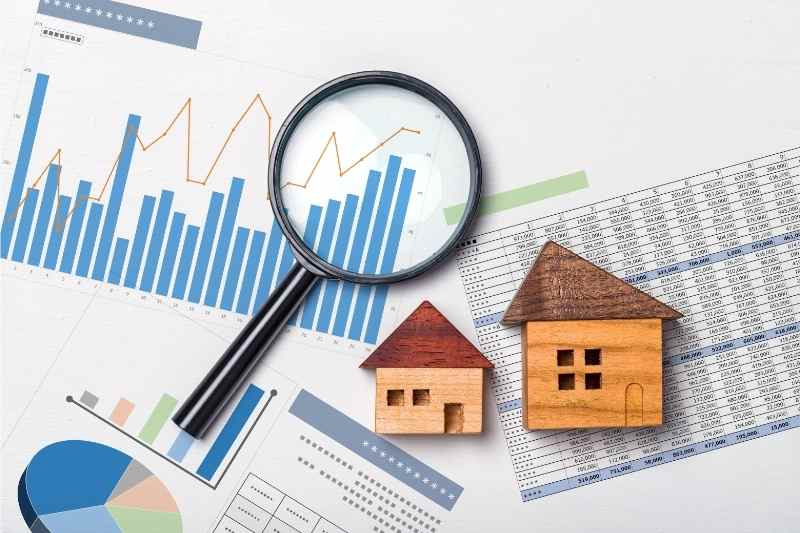How to become a real estate developer
There are nearly 55,000 real estate developers in the United States and just under two-thirds of the US population owns property. So, there’s a ton of opportunity for new real estate developers to thrive in their careers.
Becoming a real estate developer technically only involves taking a real estate course and earning your license. But if you want to follow the best path toward becoming a successful developer, follow the steps below.
Steps to becoming a real estate developer include:
- Earn a degree (or two)
- Get Licensed
- Break into the industry
1. Earn a degree (or two)
A real estate developer degree is not necessary to become a developer, so no worries if you’ve already earned a wildly different bachelor’s degree. With that said it’s certainly helpful if you receive a degree in a related field. Law, finance, and architecture degrees can be an even greater benefit.
Many real estate developers go on to receive a business degree in graduate school. An MBA related to real estate is a big advantage, not only in what you can learn but also in the relationships you may foster at school.
Like many industries, successful real estate development is often all about who you know. Your professors and fellow students can become great contacts throughout your career — especially when you’re first starting.
Additionally, consider taking courses outside of academia and earning certificates to further your real estate development knowledge.
Seek out certificates such as:
- The NAIOP (National Association of Industrial and Office Parks) certificate of advanced study in real estate.
- SRS (Seller Representative Specialist) certification.
- The CCIM (Certified Commercial Investment Member) certificate.
- The GRI (Graduate Realtor Institution) designation.
2. Get licensed
Most US states require a real estate developer to have a real estate license associated with the state they’re working in. Some states, such as California, allow you to use your license in other states, while others require various levels of recertification. This mainly has to do with each state’s unique property laws.
Getting your license is as easy as signing up for a real estate certification course. This involves the total number of course hours that you complete in the classroom or online.
Next, you’ll need to take your real estate development exam. Exams vary by state, so study for your location-specific test. Further details such as how many times you can retake the test and how often the test is offered also vary by state.

3. Break into the industry
Breaking into the real estate industry can occur at any point in your education. You don’t necessarily need your real estate development license before you can start getting hands-on industry experience. Fortunately, you have a lot of different paths you can take.
You can gain real estate industry experience by:
- Working as a real estate agent for buyers and sellers.
- Gaining an internship or working directly for an established real estate developer.
- Working as a property manager.
How long does it take to become a real estate developer?
On average, it can take roughly seven years to become a real estate developer.
However, it’s important to remember that you technically only need a high school diploma before you can get your real estate license. Everything else is just a bonus.
A typical real estate course to get your real estate license can take up to six months in person or around eight weeks online. Of course, the state you live in determines how long this course will take because each state has different requirements.
How to become a real estate developer with no experience
You have your education and your real estate development license. Now you want to gain experience.
Easier said than done, right?
Follow these key tips to become a real estate developer with no experience.
Tips for getting started:
- Social networking with industry professionals: Anybody, from a fledgling developer to one with decades of experience, is accessible through social media. Take care in curating your online presence and reach out to as many people as possible for guidance and leads.
- Find your focus. You should find your specialty as early in your career as possible. If it’s too early in your career to know whether you’re “good” at something, your specialty can be what you enjoy most.
- Set progressive goals. Start with easily manageable goals, such as networking with a certain number of professionals per week. Create a real estate development checklist and hit your marks, steadily increasing their count over time.
- Research the market. The real estate market changes seasonally, so it’s vital to stay up to date. You should check property inventory, including gated community sales versus multifamily sales, as frequently as possible.
- Market your project. Your marketing strategy starts the moment you choose which project to pursue. Provide updates and tell your intentions to everyone you encounter both in person and online while developing your property.
How to become a real estate developer with no money
You don’t need to be wealthy to become a successful real estate developer. Real estate developers who invest their own money have a slight advantage when it comes to being approved for a higher loan, but there’s also plenty of risk that comes with that.
As a real estate developer, you can both apply for commercial loans and work with groups of reputable investors, called real estate syndications. Having no money is okay, but you must forge relationships with these individuals and institutions to secure funding. Following our steps above on how to gain experience and come off as an expert is a huge advantage.

Career paths for a real estate developer
While a real estate developer’s general responsibilities may seem straightforward, there are no limits to which aspects of development you can specialize in. While some real estate developers seem to have their hand in every part of development, others prioritize what they’re good at.
Career paths you can follow as a real estate developer include:
- Architectural design
- Project manager
- Real estate sales associate
- Investment Analyst
- Real estate broker
- Asset management specialist
- Consultant
- Risk officer
Many of the above roles fall under the umbrella of a real estate development company. While it can be enticing to be an independent real estate developer, you’ll have a better chance of specializing in something you’re passionate about in a team setting.

